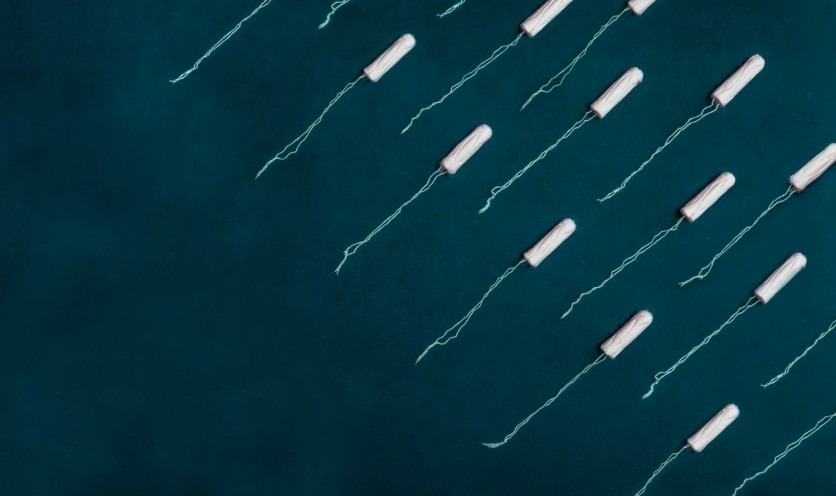
When you buy a tampon or any feminine hygiene products, you are also paying sales tax.
On Wednesday, Oct.11, "The Tampon Tax Back Coalition" was formed by menstruation product makers so consumers can refund the imposed "unjust tax."
With this, you can now reimburse it, and here's how to claim the refund for tampon tax.
The Tampon Tax Back Coalition
According to CBS, The Tampon Tax Back Coalition comprises eight women-owned companies dedicated to making a change: August, The Honey Pot, Rael, Lola, Cora, Diva, Here We Flo, and Saalt. These brands offer a wide array of products, from plastic-free and toxin-free pads and tampons to reusable alternatives like period cups and underwear.
Related Article : Medicare Lifts Lifetime Limit on PET Scans, Expanding Alzheimer's Diagnosis Options
How to Secure Your Tampon Tax Refund
If you've purchased period products directly from these companies' websites or select retailers, you can claim your refund. Keep your physical or digital receipts ready. The refund calculations pertain specifically to the tax paid on period products, not your entire purchase, per Wired.
Visit tampontaxback.com.
Sign up using your phone number.
Submit your receipt within ten days of purchase.
Within 48 hours, you'll receive your reimbursement via Venmo. Ensure you have a free Venmo account if you don't already.
Nuances and Exceptions
Amazon purchases are ineligible for refunds. Moreover, residents of seven states-Alabama, Arizona, Kansas, Kentucky, North Dakota, Oklahoma, and West Virginia-must make their period product purchases from major retailers like Target or Walmart due to state regulations. This ensures the brands can process your refund.
Period care is personal. If your preferred products come from brands not part of this coalition, consider submitting a form directly to your state. Periodlaw.org provides an interactive map to guide you to the correct forms. Although not guaranteed, it can influence your elected officials to address this issue.
Debunking the 'Tampon Tax'
The "tampon tax" isn't an official government term; it symbolizes the taxation of period products despite their essential nature.
While many states exempt medically necessary items from taxation, period products are often coded as nonessential. Those who menstruate know their importance and the financial burden they can carry.
States have the autonomy to determine their tax guidelines, and it's worth noting that of the 21 states taxing period products, 18 exempt "medical devices," including glasses and hearing aids.
Prescription medications are also frequently tax-free. Additionally, 11 of these states don't tax motor vehicles, and nine exempt newspapers from taxes.
Downside of Tax Exemption in Products
In another report by CNN, Tax Foundation senior policy analyst Katherine Loughead said that there's a downside in the sales tax exemption on common products such as tampons.
Loughead added that buyers should be aware that over time, the states will repeatedly raise the sales tax of the items if they already exempted the specific products.
"So even if some consumers are initially better off from different exemptions, in the long run, they are not really better off because they are paying a higher rate on all the other things that they buy," she said.

![Apple Watch Series 10 [GPS 42mm]](https://d.techtimes.com/en/full/453899/apple-watch-series-10-gps-42mm.jpg?w=184&h=103&f=9fb3c2ea2db928c663d1d2eadbcb3e52)



